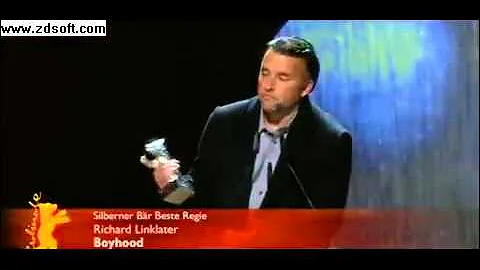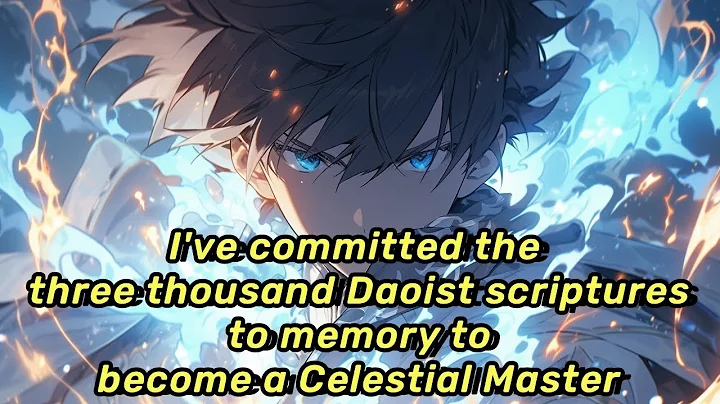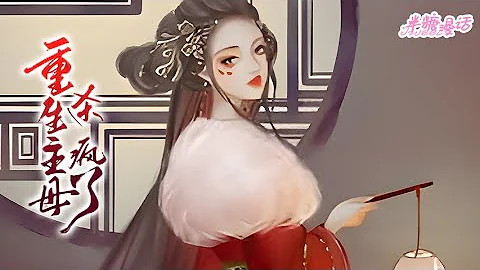The film "Into the Dust" was shortlisted for the main competition unit of the 72nd Berlin International Film Festival in February this year and competed for the Golden Bear Award, breaking the "zero shortlisted" list of Chinese films in the main competition unit of the three major European film festivals in recent years. "The deadlock has won unanimous praise from foreign media.
Compared with the movie's critical acclaim, it can be said to be very bleak at the box office. The proportion of films scheduled for the premiere day was only about 2.2%. At present, it can only barely exceed 2.4 million yuan. It is recommended that viewers who have the conditions to go see it as much as possible, as it will be removed from theaters soon.
The film tells the story of "two lonely individuals who were abandoned by their respective families, and became children of the earth like crops. In the day after day of cultivation, the two supported each other and built their home together. Under the rotation of the four seasons, their The love scattered in other people's incomprehensible eyes also bears fruit in the land that is purer than the heart..."
Just like director Li Ruijun said: " I have been talking about people and people, people and people all my life. The relationship between land, people and nature"

2. A documentary about the countryside
The film starts from a young couple from the northwest countryside, and touches on it step by step through their struggles in life and the changes brought about by urbanization. to the silent cries from those at the bottom.
I can understand why this film is so unpopular with the market. The film seems to be telling the ordinary daily life between couples, but what it really touches is actually the piece of loess they step on. , its rhythm is so slow and heavy, like astringent and bitter yellow sand blowing into the corner of the mouth, even if it is gently licked, it will make us feel a burst of discomfort from the bottom of our hearts . This discomfort comes from the connection between people and the land. The loss of sense, the loss of a spiritual home.
It is more like a documentary. Whether it is an empty house in a village that has not been occupied for a long time, or a lifeless and decadent countryside as far as the eye can see, it so faithfully records the Chinese countryside, this corner forgotten by the city.
In the face of the rapidly expanding city, the first thing that is touched is the separation of family ties. Whether it is from the beginning of the film, when the two families join hands to drive Guiying and the fourth child out of the house, or the ancient couple held in the wilderness. It seems that no one wants to recall the meaning behind these memorial ceremonies.

Occasionally, some young people rush back to the village from the city where they live, just for the demolition money left by the village relocation. They are unwilling to stay for even one more day. Facing the houses that carry their childhood memories, in their eyes Without a trace of reluctance or recollection, the huge modern machine finally drove into this last corner of memory and destroyed the last sustenance.
As the witnesses and recorders of all this, Laosi and Guiying were orphans expelled by modernization. The vast mother earth accepted them, and they chose to return to the most authentic way of life of mankind. "When everyone is chasing to participate in evolution, they choose to protect those innate instincts that have been abandoned by others."
3. Lao Si and Guiying
Lao Si and Guiying, a pair of individuals abandoned by their families, depend on each other for life. , and what appears together with the fourth child and Guiying is always the clumsy donkey . If there is an animal that is the best portrayal of the fourth child, then it must be this donkey.
While everyone is driving tractors and cars and making great strides forward, only Lao Si and his donkey stick to the simplest way of working.
The scene in the movie that impressed me deeply was when Guiying sat on the sledge and plowed the fields. The fourth child was slowly leading the donkey in front. There was a tractor speeding away in front of him. The fourth child was stunned for a long time.
Unlike modern machines that are lifeless and just serve as tools, donkeys have a life of their own, and farmers have complicated emotions about them: Is it my partner or a beast?
And this donkey is also the best portrayal of Lao Si, a simple rural man. worked hard, took no time, and just followed the path of his life step by step without complaining at all.
But this does not mean that Lao Si does not realize the injustice that exists in the world. On behalf of the whole village, he gave a blood transfusion to Zhang Yongfu, the rich man in the village, which also constitutes a metaphor of exploitation: the majority of people provide nutrients for a small number of people.

So, when the fourth child finally removed the noose from the donkey, seeing that the donkey was at a loss and stagnant, he said a monologue to the donkey and himself: I have been asking people to do things for me for most of my life, but I still haven’t done enough. What a bastard. It just means that he tolerated them and forgave them with the heart of Mother Earth.
And Guiying, this miserable woman, lost her parents when she was young, and was often disliked by others because she could not control her bladder. After marrying her fourth child, she finally formed her own family. In fact, all she had in this marriage was... Pursuing, is a kind of equality , just like the word "happy" that keeps appearing in movies. Every time you move, you will hang the word "happy" on the wall, and Guiying will always shout from the side: A little higher, which way? It doesn't matter if it's too low or too high. The fourth child doesn't regard Guiying as his accessory, but as his partner to jointly run a family relationship.

Actually, I didn’t like the ending of the movie. The whole movie gave me the feeling that it was very close to the quality of a documentary. There was no story and the plot slowly emerged on its own. However, when Guiying died, it was like a forced act. Life has come to an end, and we have withdrawn from it.
4. The native philosopher
In addition, there are golden sentences that frequently appear in movies
"What is not born in the soil, but grows in the soil?" "Soil, no matter who comes, will give him the same reward." Underfoot The soil also represents the simplest values of this rural man: sow melons and you will get melons, sow beans and you will get beans. If it was not what he deserved, he would not take any of it. Faced with the coat imposed by "good intentions", he stubbornly demanded to return it in the form of a refund.
When Guiying accidentally shoveled the newly grown wheat, he had no complaints and just said: "Throw it aside, it will become other fertilizers." What is shown here is not only Simplicity means that he transcends the gain and loss of interests and thinks from the perspective of the land. Rebirth and death are not opposite directions, but a reciprocating cycle. Just like what is said in the Tao Te Ching: everything is in a cloud, Each returns to its roots. This is the wisdom that belongs only to the land.

And he also has a very deep understanding of pain. When the donkey refused to work, he cursed at the donkey: "If you don't eat grass, you won't be manipulated." is actually right. Reflection on my own suffering, why people suffer, it is because people have desires, just like a donkey always wants to eat. The expansion of cities brings people into the abyss of desire, just like a donkey holding a carrot in front of its mouth that can never be eaten, and people therefore fall into endless self-exploitation.
There are too many others. always gives his understanding of life from the perspective of the land. The wisdom contained in it is thought-provoking.
It's hard not to think of this film in conjunction with Jia Zhangke's "Xiaowu". The two together tell the story of a rural China that is falling apart in the face of such rapid modernization, but they are similar to the people depicted in Xiaowu. Different from the relationship between people, the introduction of dust and smoke describes more about the relationship between people and the land.
Finally, perhaps it is more appropriate to end with the words from "Xiao Wu".






















